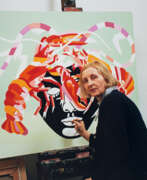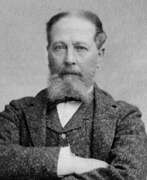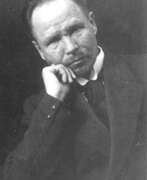Symbolism Düsseldorf school of painting
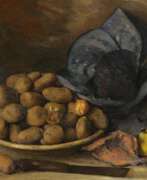

Wilhelm Schmurr was a German painter and co-founder of the Sonderbund in Düsseldorf. His style, characterized by clear expression, was influenced by the Pre-Raphaelites, Symbolists, and Realists. He received several awards and medals for his work and was a member of various art associations. Schmurr taught at the Kunstakademie Düsseldorf and inspired by the farmers after the war, he created scenes of simple life and still lifes. He was awarded the Karl-Ernst-Osthaus-Preis and the Bundesverdienstkreuz erster Klasse and became an honorary member of various artist associations.
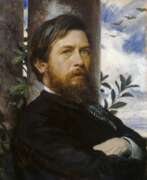

Arnold Böcklin was a Swiss symbolist painter.
Influenced by Romanticism, Böcklin's symbolist use of imagery derived from mythology and legend often overlapped with the aesthetic of the Pre-Raphaelites. Many of his paintings are imaginative interpretations of the classical world, or portray mythological subjects in settings involving classical architecture, often allegorically exploring death and mortality in the context of a strange, fantasy world.
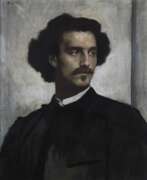

Anselm Feuerbach was a famous 19th-century German painter, an outstanding master of the historical genre.
Anselm Feuerbach was also a skilful portrait painter, the majority of his paintings are in the style of Neoclassicism. His finest masterpieces are nowadays kept in museums in Germany, and his biography is closely linked to Italy, where the artist lived for a considerable part of his life.
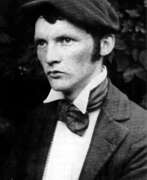

Heinrich Vogeler was a German artist and philosopher, a representative of the German Art Nouveau. A versatile and talented artist, he painted, watercolored, composed poems, designed, designed and decorated. Over time, his style of art changed over a wide range.
During World War I, from 1914 to 1917, Vogeler was on the Eastern Front as a volunteer and made sketches, which resulted in his pacifist sentiments.
In the mid-1920s he visited the Soviet Union several times and his impressions resulted in paintings in his own "complex style: "Karelia and Murmansk" (1926), "Building a New Life in the Soviet Republics of Central Asia" (1927), and "Baku" (1927). In 1931 Vogeler received an invitation to work in the USSR. The coming to power of the Nazis in Germany made it impossible for him to return home, and after Hitler's invasion Vogeler among many was deported to the Kazakh SSR, where he died.
